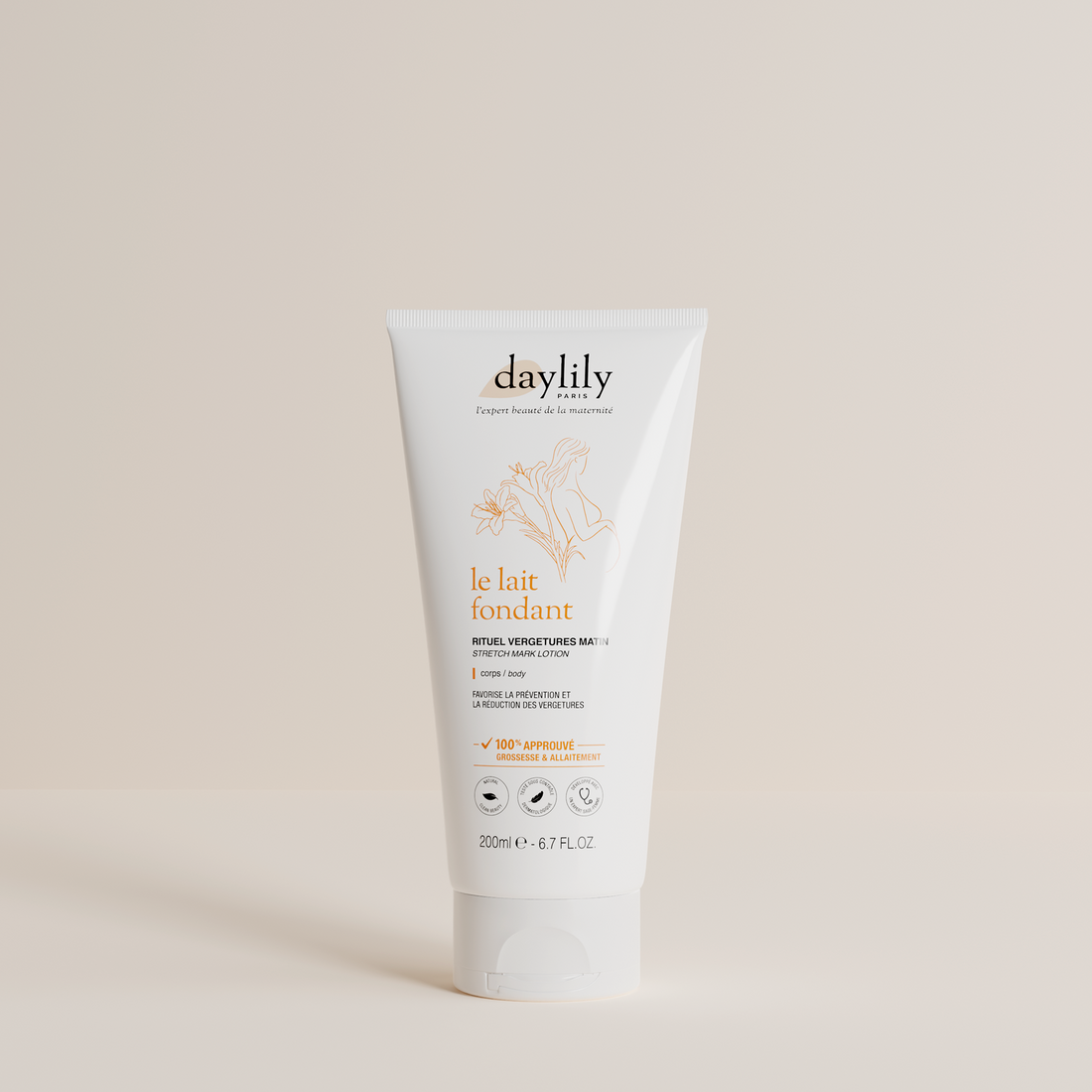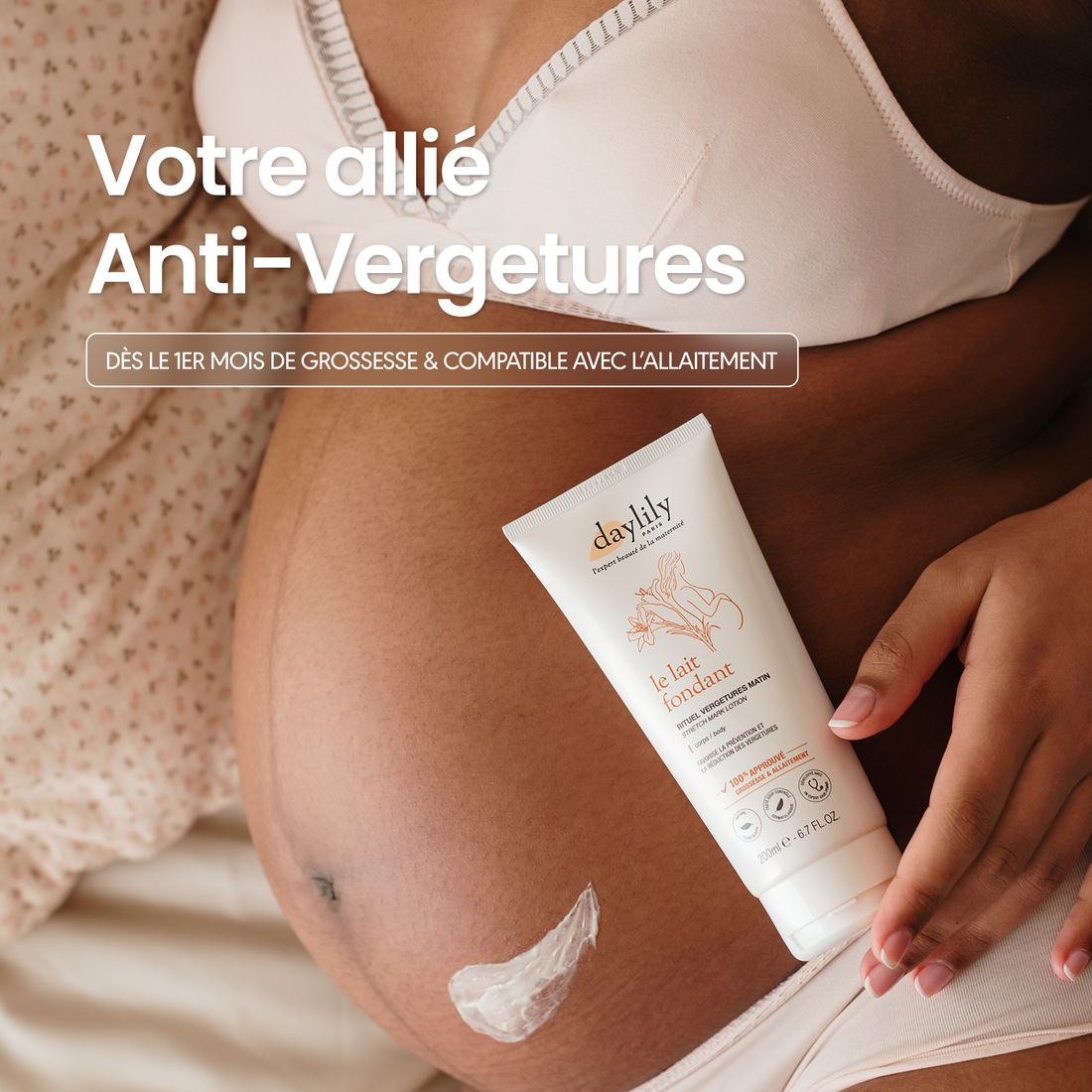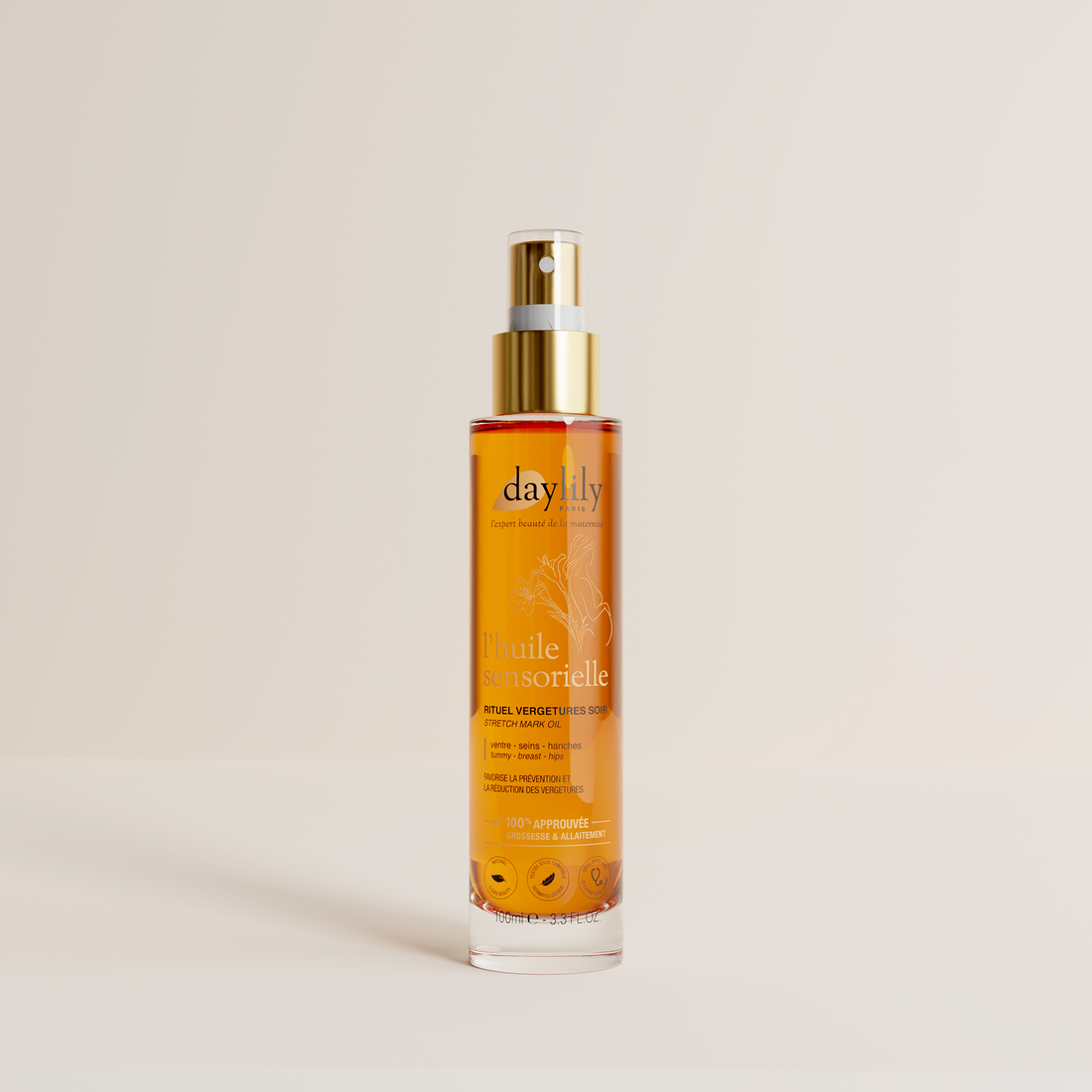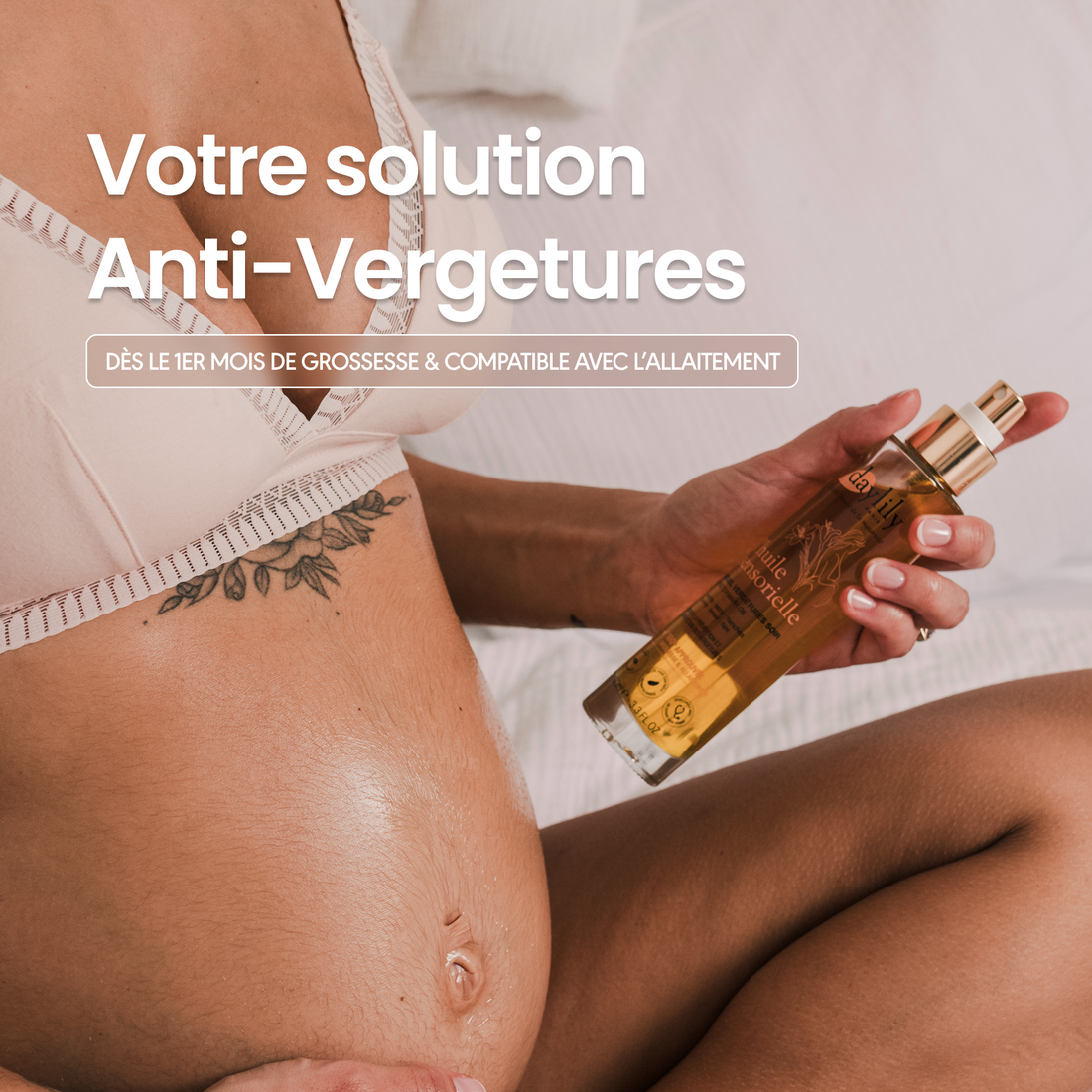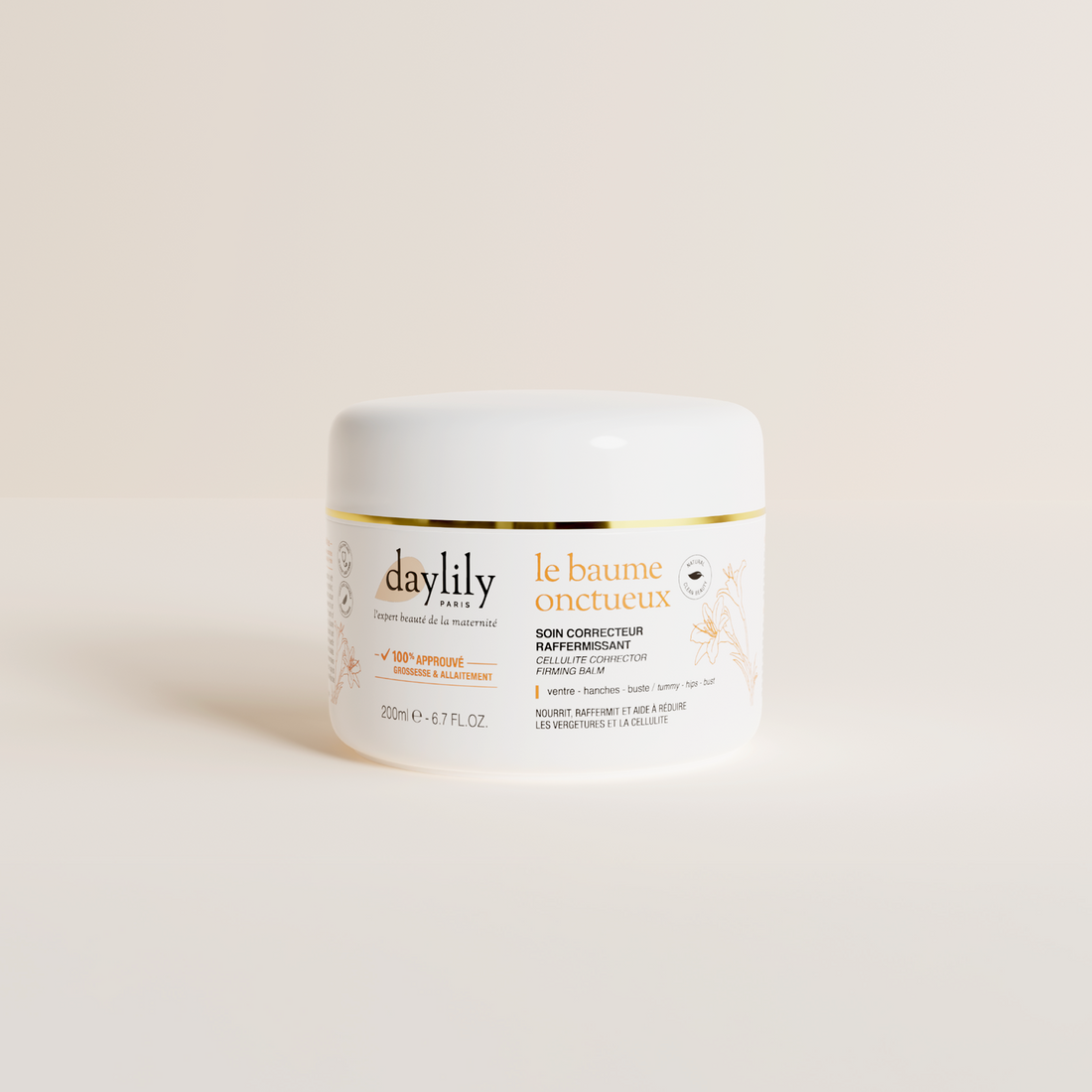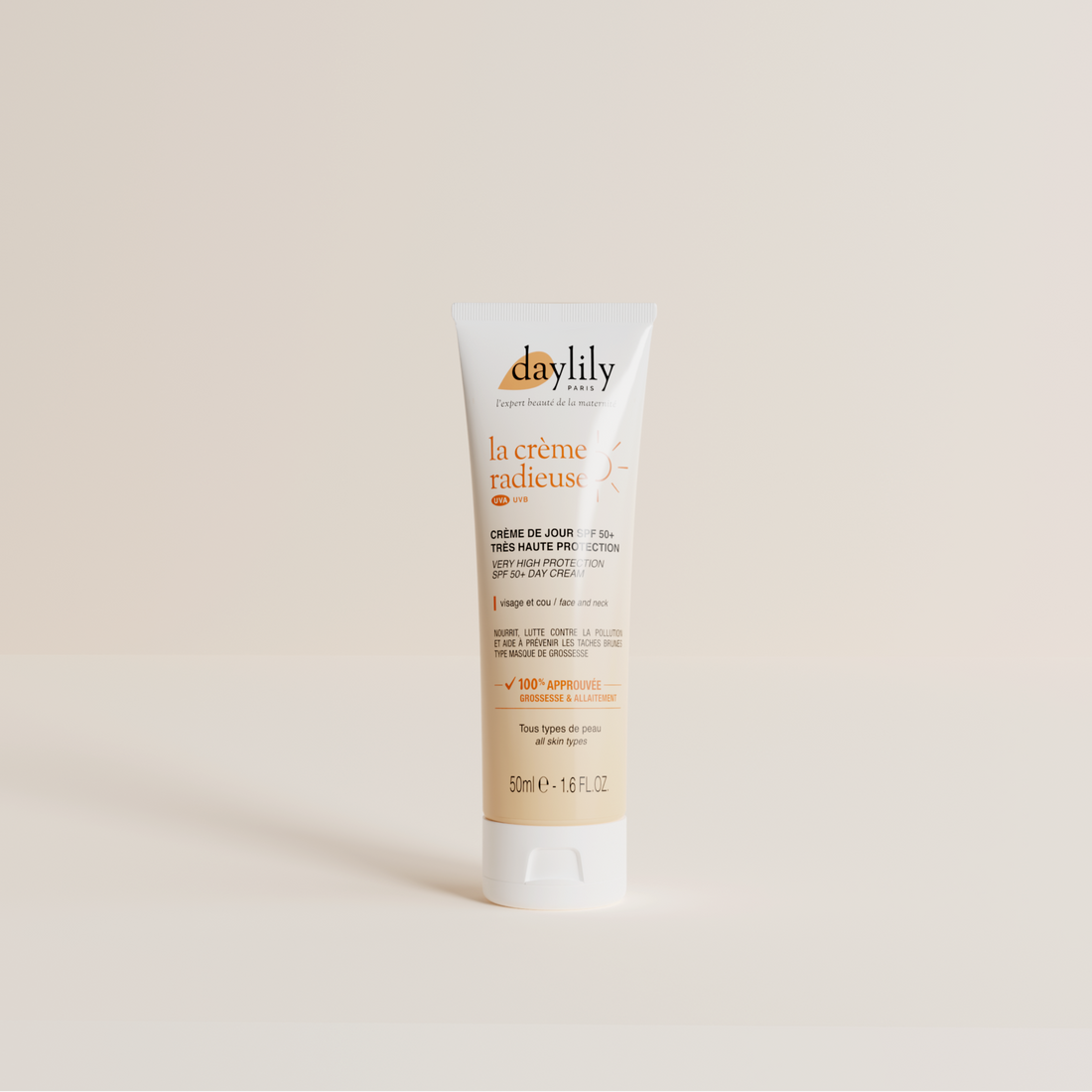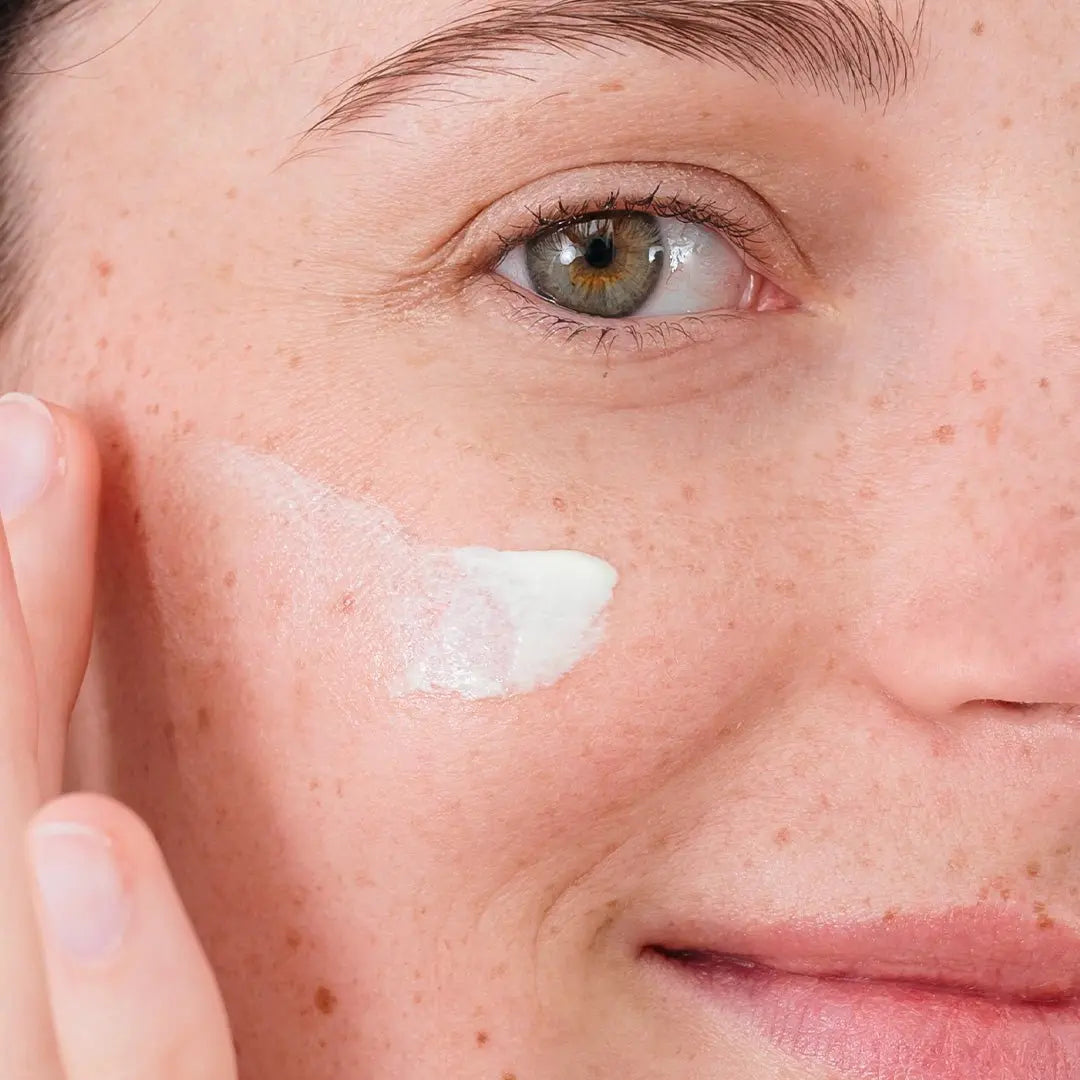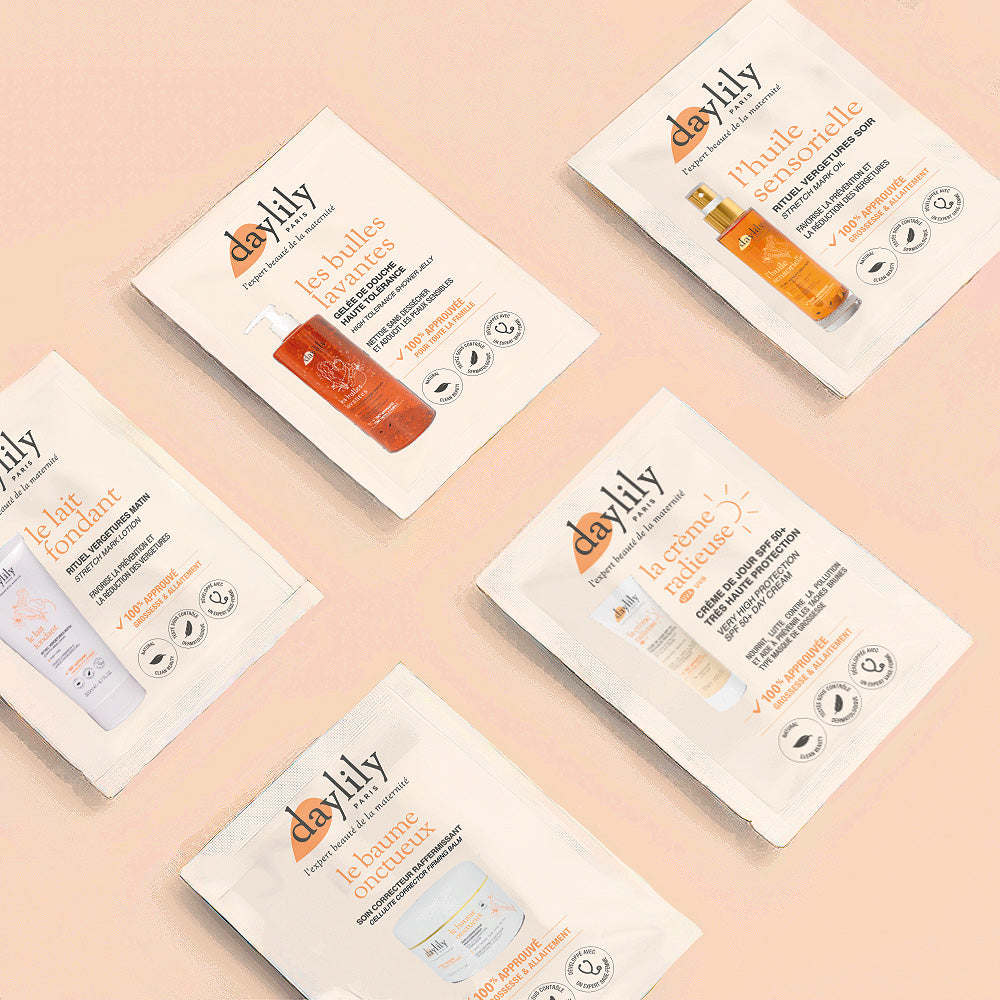- Where to start ?
- Confinement and pregnancy monitoring
- Coronavirus during pregnancy
- Childbirth during the coronavirus epidemic
Where to start ?
Let's start with the most important thing first: don't give in to panic, stay calm , trust yourself and your body and enjoy this wonderful period of pregnancy by remembering how extraordinary your body is to succeed in make a human being!
Please note that we still have very little perspective on this epidemic, so it is difficult to draw any conclusions that are certain. However, it would seem that pregnant women, due to the immunological and physiological changes they undergo, are a slightly more risky target for this virus (just like most viruses).
However, a study by researchers from the United Kingdom, the United States and Sweden among a population of 1.7 million women reveals that the symptoms of pregnant women differ little from those of non-pregnant women, so it This is rather good news!
Other studies indicate that these types of infections could increase the risk of premature birth, miscarriage and fetal death. Note that high fevers during the 1st trimester can sometimes have consequences of fetal malformations.
Therefore, in this unique epidemiological situation, prevention is essential, and some rules have been established to protect future mothers, particularly those in their third trimester of pregnancy.
Confinement and pregnancy monitoring
Pregnancy monitoring is of course maintained , and the three obligatory ultrasounds will be performed for all pregnant women. During the re-containment, just like during the 1st confinement, you will need to have the travel certificate (printed or downloaded to your phone) to go to your medical appointments.
You will probably notice that gynecologists and hospitals have implemented new measures to limit contact and possible contamination: spacing out appointments, disinfection of the waiting room, and of course adoption of barrier gestures. You will generally be required to wear a mask to all appointments.
Furthermore, if during the 1st confinement, certain maternity hospitals canceled appointments deemed non-urgent, such as the anesthesia consultation , this is no longer really the case during this 2nd confinement. It all depends on your maternity ward, either it maintains the physical consultation as before, or it can offer you a video consultation , when the clinical examination is not essential.
In the same logic, the childbirth preparation courses which had mostly been canceled as a precautionary principle during the spring 2020 confinement have this time the possibility of taking place but only individually . On the other hand, group lessons, whether in maternity or with a private midwife, are not possible. If you wish to prepare for childbirth, you will therefore need to inquire with your maternity ward to find out if individual courses exist or otherwise refer you to a private midwife offering solo courses. Some midwives, as is the case with Fabien, our partner midwife, are starting to set up online supports to support you, even outside of sessions (podcasts, visual supports, etc.).
In short, please note that all your medical appointments are authorized during this re-containment, even those deemed less “essential”. You can therefore plan a session with the osteopath or acupuncturist or other if necessary.
A quick aside on your possible outings during confinement : respect barrier gestures and wash your hands regularly , and as much as possible with soap and water. Hydroalcoholic gels, very practical for disinfecting, should be used sparingly in pregnant women and when no other solution is possible, because they contain alcohol which is not ideal for the skin of future mothers.
Coronavirus during pregnancy
First thing, don't forget that during fall/winter (and even all year round), there are plenty of other viruses that you can catch that are not necessarily coronavirus: colds, flu, gastroenteritis, etc. . So try not to panic if you have a sore throat or something else. Our bodies are more tired and more fragile during this season. So already think about sleeping well , practicing appropriate physical activity (walking, prenatal yoga, etc.), taking deep breaths several times a day to properly oxygenate your body, ventilating your living space, possibly doing meditation and to provide your body with the water and food it needs. Do not hesitate to ask your doctor for vitamins to boost your immune system.
If you are pregnant and you think you have caught Covid-19 , two scenarios arise. If you are in the 1st or 2nd trimester of pregnancy , and you do not have serious symptoms, you can stay at home, rest to take good care of yourself, apply barrier gestures in the event of contact with the outside world, and monitor the evolution of your symptoms. Consult your doctor if you feel the need.
If you are in the third trimester , you are one of the patients at higher risk. If you have a fever and/or other symptoms characteristic of Covid-19, contact your maternity ward or doctor to find out if you need to be tested. You will only be hospitalized if you show signs of seriousness. In the event of complications, imminent delivery or if you have other pathologies, induction may be considered, but in most cases, the mother-to-be will be placed in isolation and closely monitored.
The 3rd trimester is more at risk because respiratory failure in the mother-to-be could put the baby in difficulty, which is why monitoring is intensified.
Childbirth during the coronavirus epidemic
Here too, the rules are changing to adapt to this exceptional situation and minimize the risks for everyone.
If the accompanying person has symptoms , they will be tested upon arrival at the maternity ward. Given that test results are now very quick (from a few minutes to a few hours), he can return to accompany you to the delivery room if his test is negative. In the event of a positive test, it is up to the maternity ward to decide on the protocol to be put in place and may not admit a companion into the delivery room.
In the event of symptoms on your part , and if you test positive, a specific protocol will have to be put in place, this is to do with your maternity.
If neither of the two future parents has symptoms, the support instructions have been relaxed compared to the spring. Your partner will normally be able to accompany you and attend the birth if your maternity hospital authorizes it (which is not the case for all).
To avoid any contamination and saturation of services, maternity wards currently tend to send pregnant women home as long as they are in pre-labour. She only installs it in the delivery room when the active phase of labor has started.
Also note that resuscitation anesthetists , who take care of placing the epidural , being more heavily requested in Covid intensive care units, certain maternity wards tend to request the placement of the epidural upon arrival on site. This avoids the risk that the anesthetist will no longer be available when it should have been performed. The downside is that it can slow down the work…
During labor, you will be alone with your companion in the birthing room, so you will not have to put on the mask , except when someone enters the room, notably the midwife who comes to check you regularly. Once the last phase of childbirth arrives, everything will depend on your midwife, he or she may ask you or not to wear the mask. Be aware that normally you will have to wear it but many midwives understand the difficulty of giving birth with a mask, which is why they are more flexible. For some of you, you will be able to completely ignore the mask, for others it is experienced as real suffering because you feel like you are suffocating. The best thing is to talk about it with the hospital staff to dispel any fears. Please note that during the expulsive effort, we do not have the right to force you to wear a mask , but in this case the midwife must wear a specific mask for appropriate protection.
After delivery, the procedures for daddy's visits differ depending on the maternity wards. In Paris, only 2 maternity wards accept dads at night. Others only welcome them in the afternoon from 2 p.m. to 5 p.m. or from 2 p.m. to 8 p.m. Sometimes if they go out, they can't come back all day. This all has to do with your motherhood in particular.
Depending on the maternity wards, early discharges can be encouraged after childbirth with follow-up by a private midwife at home.
Please note that even in the event of an infection, experts do not recommend separating the baby from the mother, and breastfeeding is always recommended. Contamination or not, hand washing must be systematic before touching the baby.
The situation is changing day by day in maternity wards, and these new measures are certainly not the conditions you dreamed of. Keep in mind that they have been put in place to protect mothers and children, as well as populations at risk, and that you will be able to catch up as soon as confinement ends to spend tender moments with your family!
In conclusion , this reconfinement is more flexible in terms of both the policy of support in the birthing room, the monitoring of medical appointments and preparation courses, etc. but there are still measures to follow which depend a lot on your maternity ward and your midwife.


